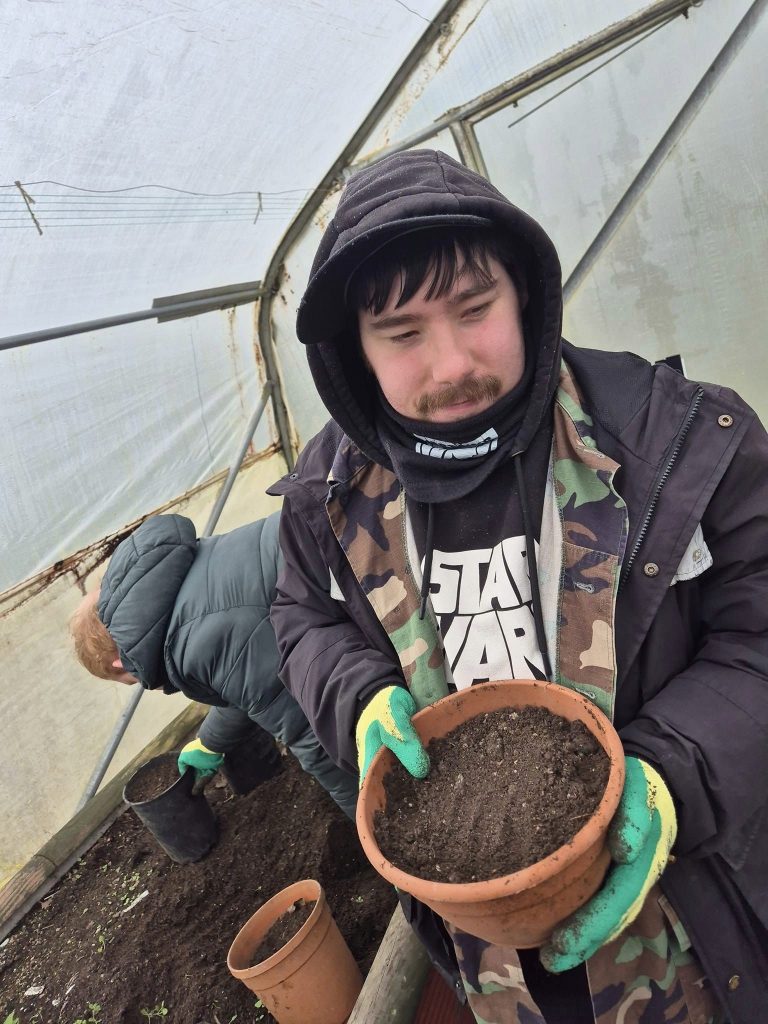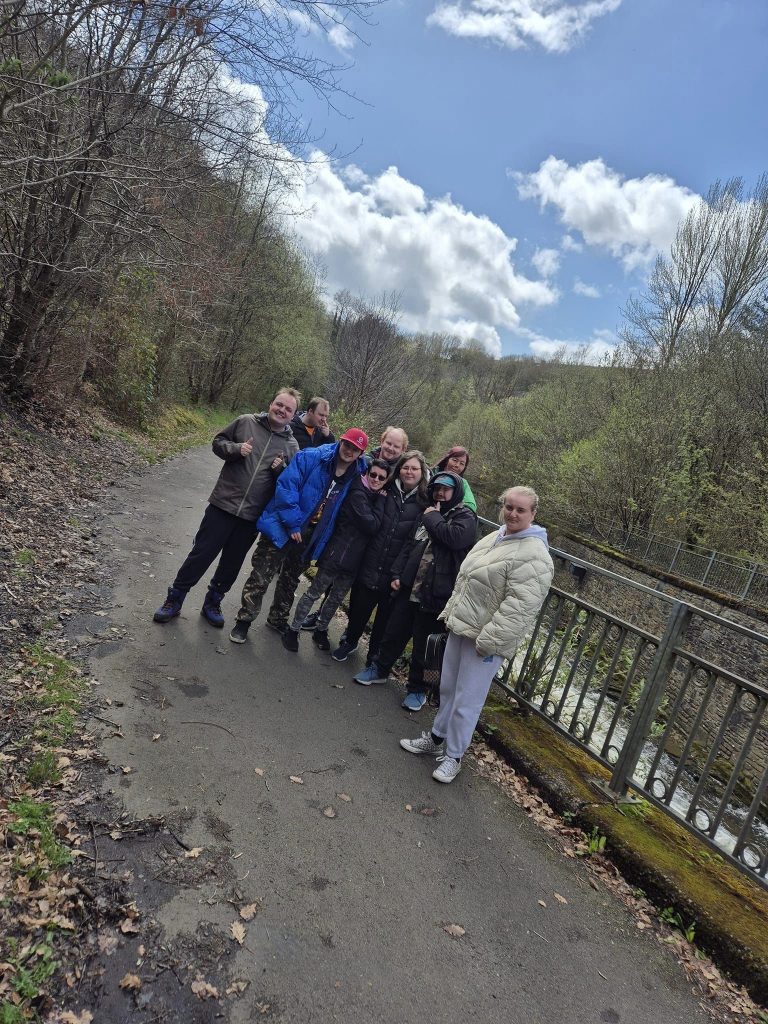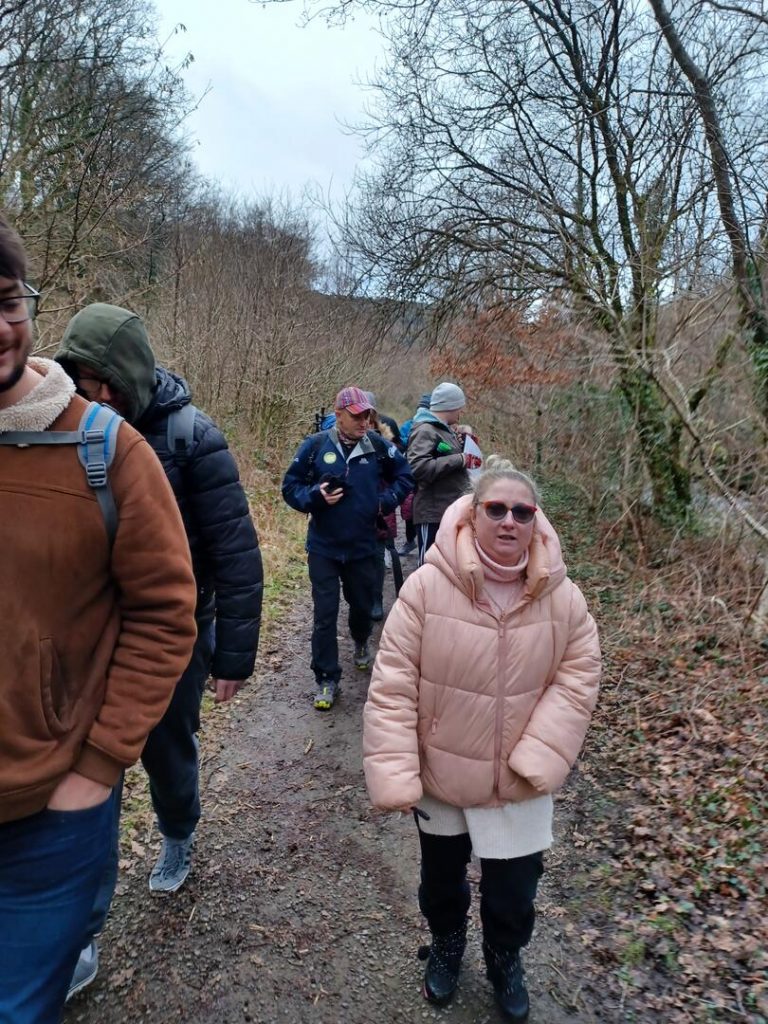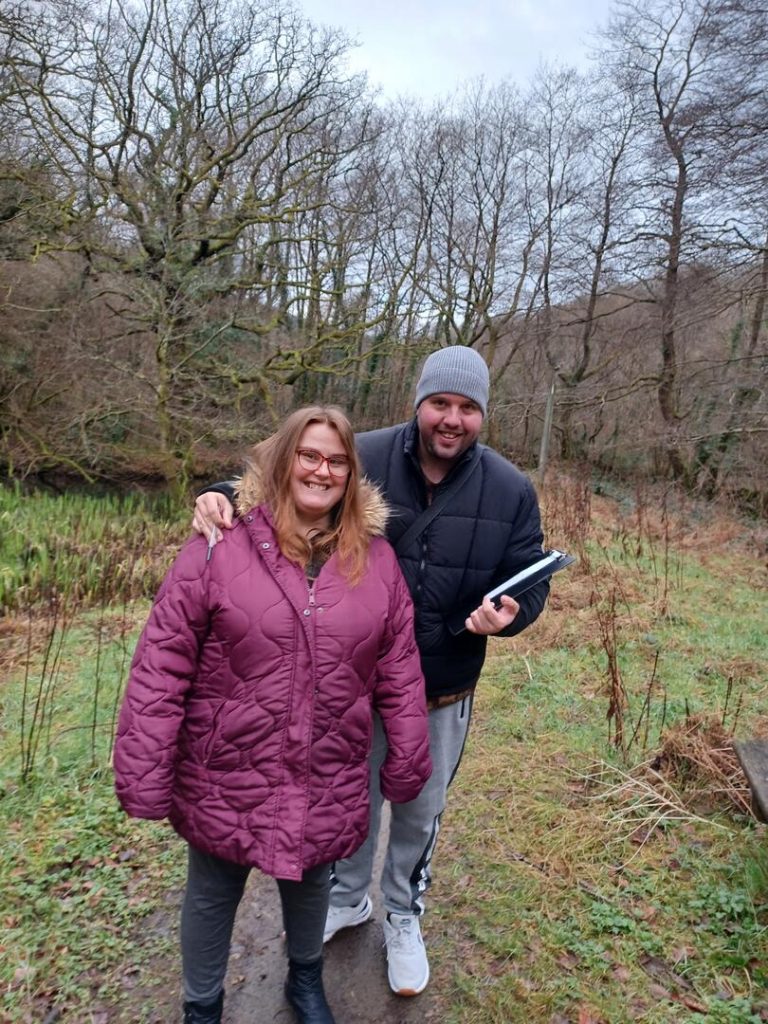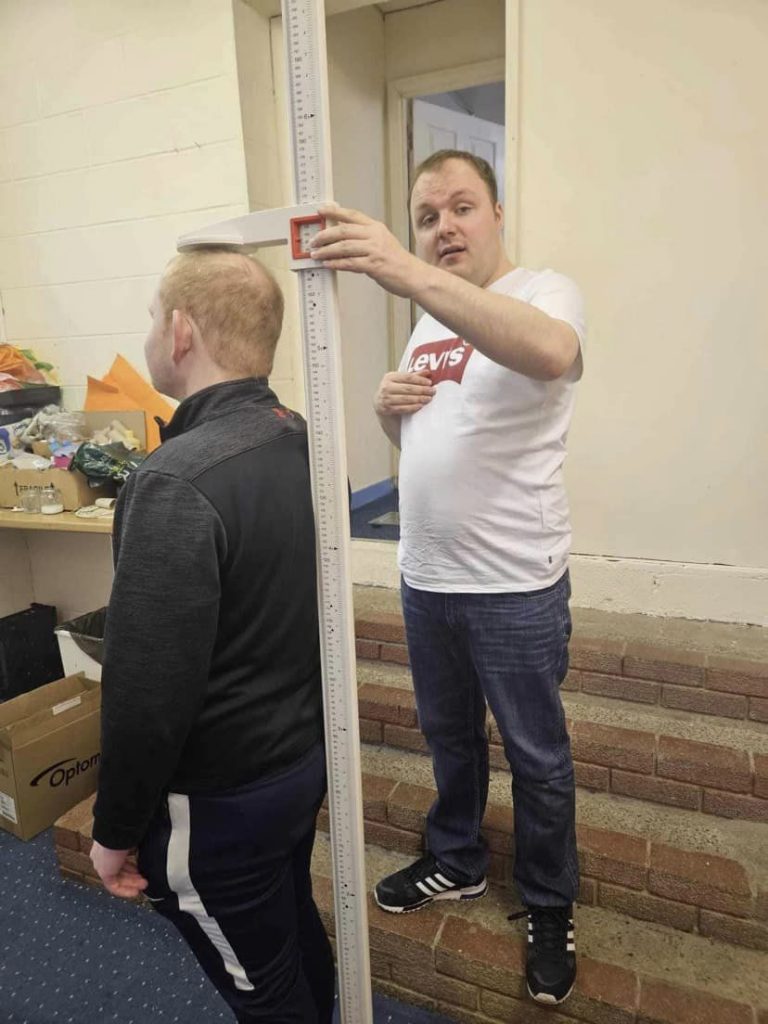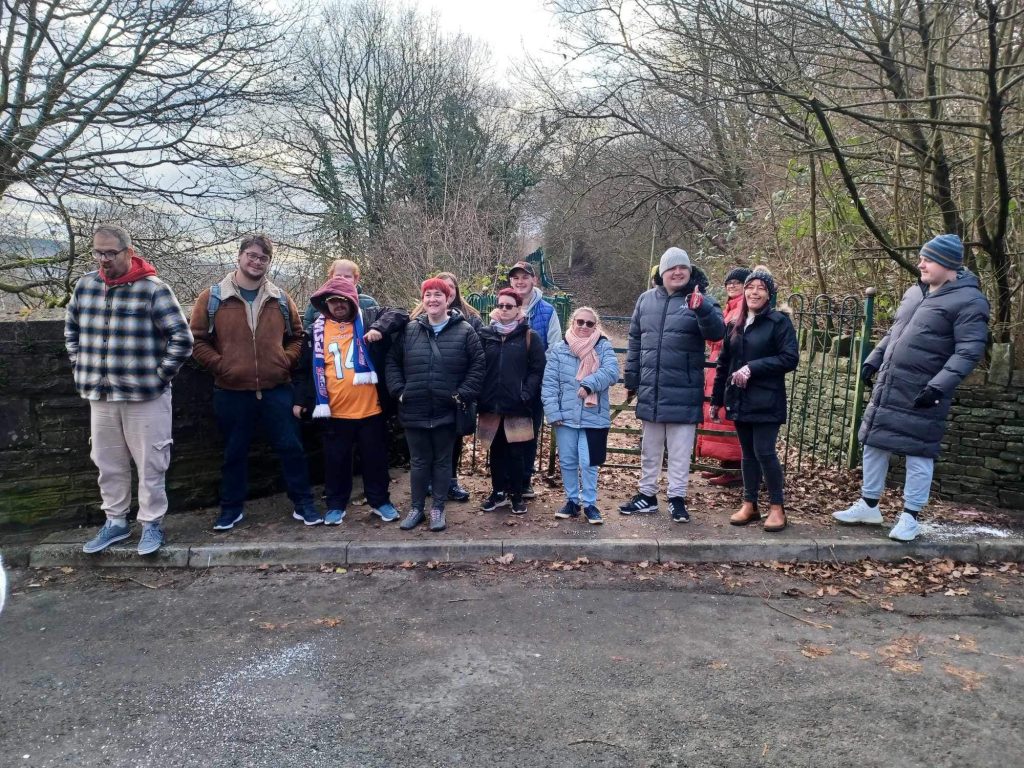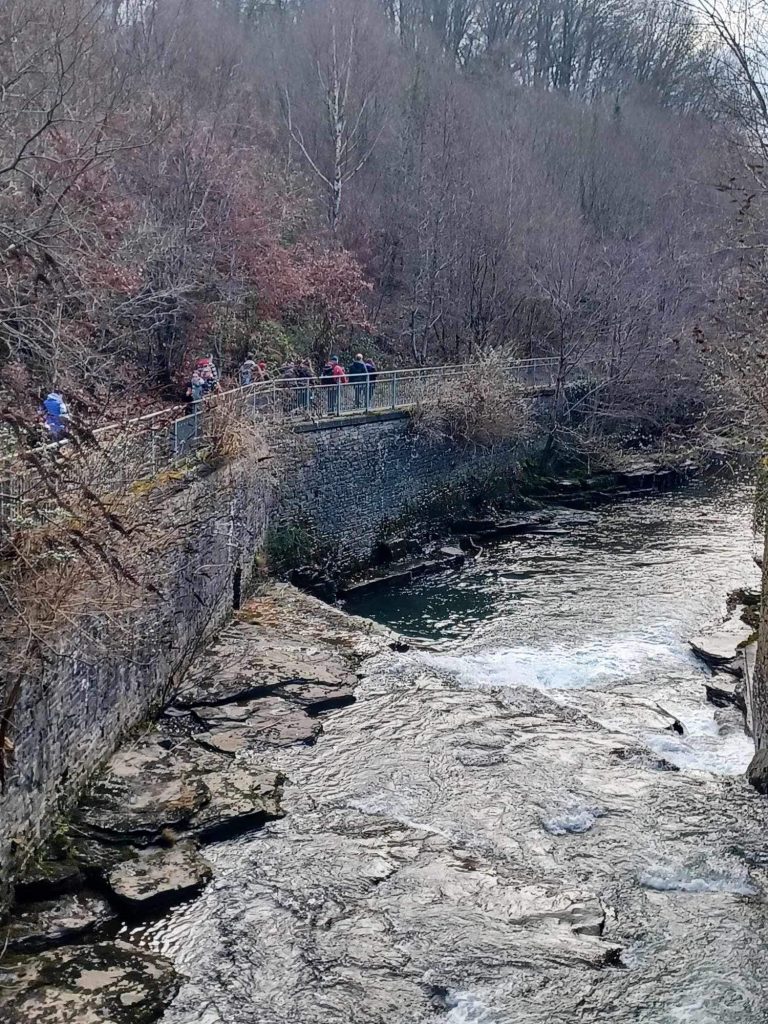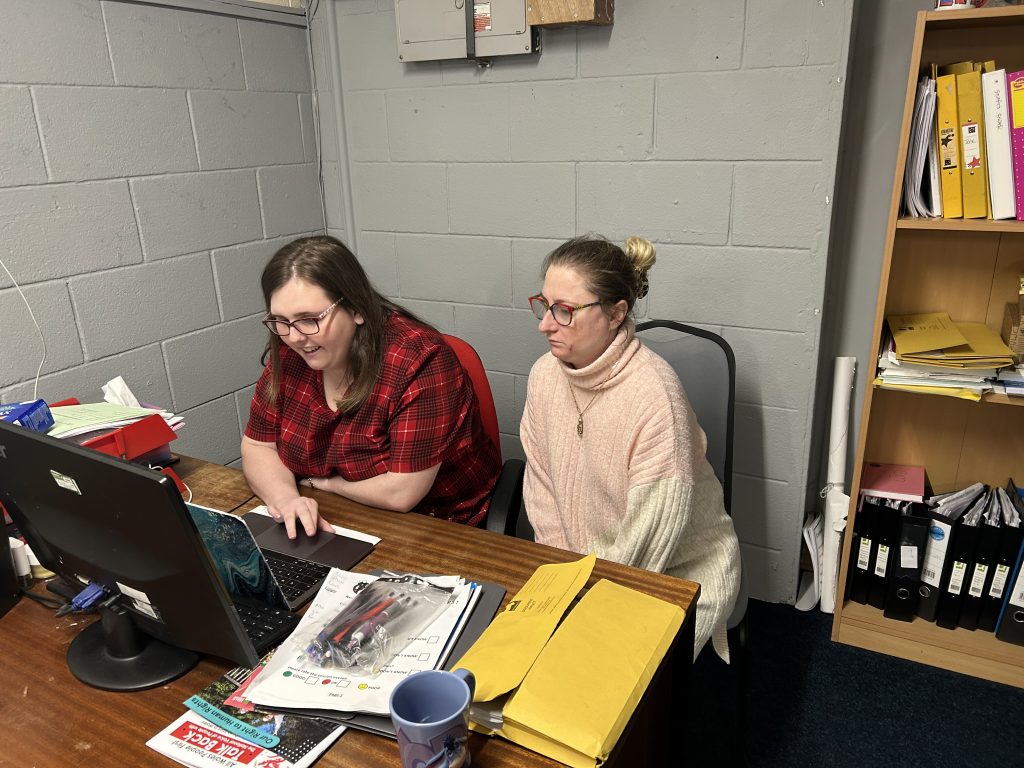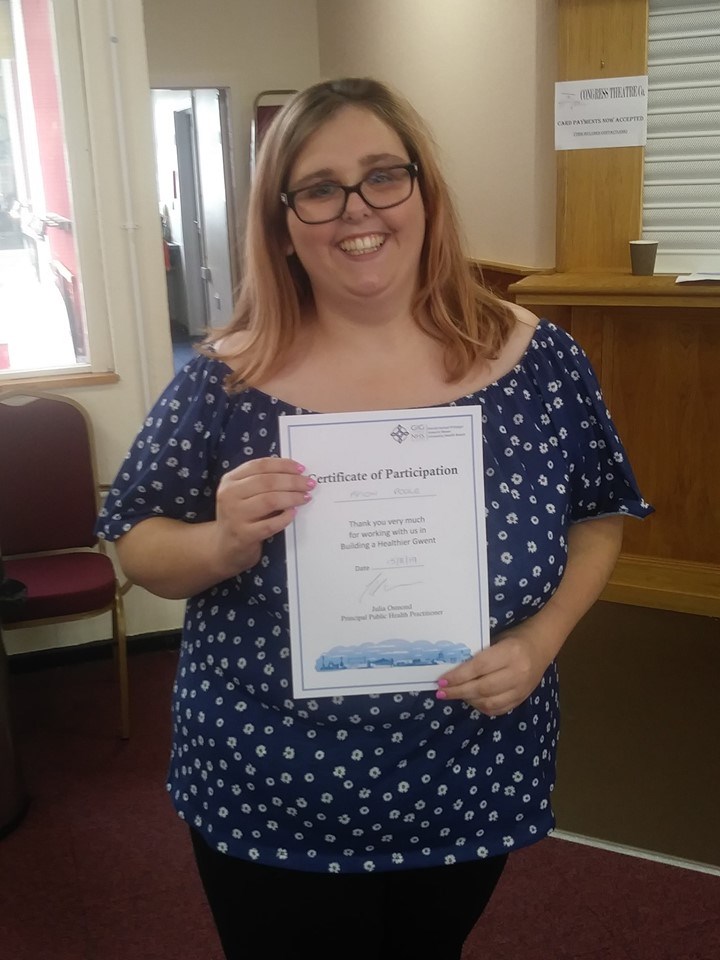We recently received a visit from Clare and Tracy from the primary care learning disability nursing liaison team. They stopped by to talk about annual health checks and gave us some information about who’s eligible to receive one, and how we can book.
We look forward to seeing you both again on July 30th and can wait to have a look at and try out some of the equipment they use at the Doctors.
An annual health check for adults with learning disabilities is a comprehensive assessment designed to identify and address health issues that may be overlooked or unmanaged in this population. The aim is to improve health outcomes and quality of life. Here are the key components:
- Physical Health Assessment
- Medical History Review
- Mental Health Evaluation
- Lifestyle and Preventive Health
- Social and Environmental Factors
- Communication Needs
- Care Planning
These checks are typically conducted by a general practitioner (GP) or a nurse, often in collaboration with other healthcare professionals familiar with the needs of people with learning disabilities. The goal is to provide holistic care that addresses both physical and mental health needs, ensuring that individuals with learning disabilities receive appropriate and timely healthcare.





